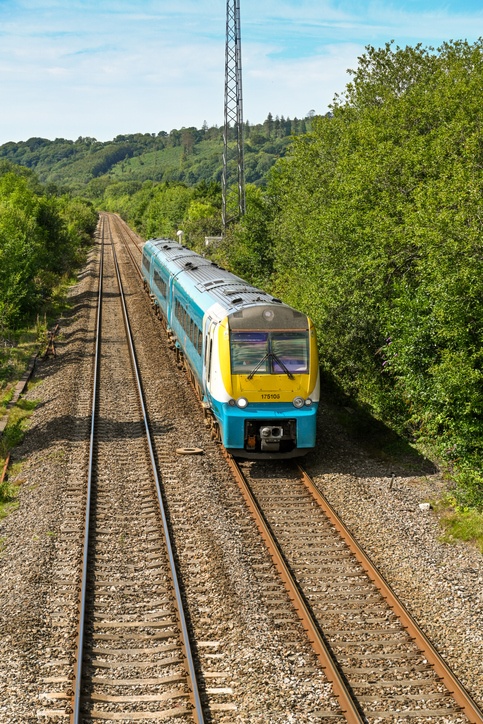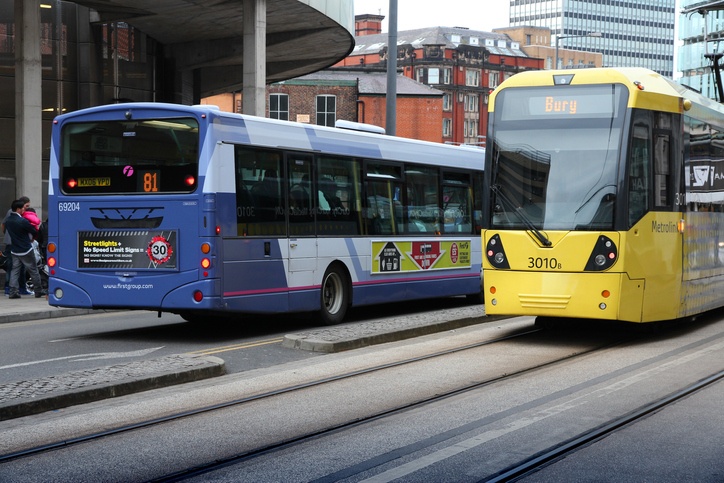Welcome

Since its foundation, this has been a place for public transport information and musings, mainly with a British focus. That has been changing for a number of reasons.
The first is that I divide my time between England and Ireland more than I ever did. Another is that there have been other encounters with other overseas public transport systems.
The fact that there now appears to be more positive things to say about public transport outside the U.K. underlines the importance of sharing the latter. Good stories are badly needed to make for more of a positive view of public transport at this time.
A British Malaise
Since 2010, British public transport funding and usage have taken a hell of a battering. The arrival of a global pandemic saw to that after years of public spending constraints.
All of that is a world away from the times in which this website began. Though that was in the midst of the Great Recession, bus networks were stronger and trust in service provision was higher. To be sure, there were imperfections like overcrowding, delays and disruption, but it is telling that those times now feel more benign. In some ways, it feels looking back towards the end of the nineteen seventies from the midst of the nineteen eighties. Many will not be able to relate to that, though, even if it captures how history keeps repeating itself at times.
Much of what was there in the first decade of the century has been pulverised by years of government policy, fears of disease spread in confined spaces and labour problems. If ever there was a need to promote the use of public transport, it should be now. After all, everyone is aware of the climate emergency and the need to cut carbon emissions in one way or another.

The state of the public finances remains parlous, though. Previous commitments like Restoring Your Railway have been binned, though HS2 construction between London and Birmingham is continuing. Structural reform of the rail and bus industries is on the way too. However, there appears to be no new money, which will hamper things. If the economy grows, there may be room for some hope, even if that is a while away for now.
Looking Elsewhere
Given the state of things in the U.K. at the moment, there has been a continuing internationalisation of what you find here. That noticeably progressed at the end of 2022 when things were appalling in the U.K.; industrial action was happening in all sorts of places at the time, so there was a need to seek more uplifting shores. Travelling back down memory lane to review previous experiences was enough then.
Nowadays, more of my time is being spent in Ireland than before, which is bringing news from there. Other international travels have brought experiences that can be shared. It all helps to lift a veil of gloom that otherwise would pervade in an online portal such as this when British horizons have narrowed so much. Let’s hope that we get beyond budgetary constraints to reach better times as soon as possible.
Recent Snippets
20:59, January 20th, 2025
Bus Éireann has announced enhancements to the Sligo town bus services, introducing a new seven-day S3 route from Markievicz Road to Finisklin, along with improvements to the S1 and S2 routes. Starting on Sunday, 2nd February 2025, Route S1, running from Cartron to Cairns Road, will offer increased evening services from 18:30 to midnight, including additional stops at Hollymount and Clarion Village. Route S2, from Strandhill to Rosses Point, will follow a revised route with new stops at Rosses Point Promenade, Oyster Island, and Wine Street.
20:52, January 20th, 2025
Bus Éireann will resume full timetabled services for Cork City Routes 202/202A, 205, and 208 beginning 2nd February 2025, after reduced frequency timetables were implemented in October 2024 due to driver recruitment challenges. Since then, ongoing recruitment efforts have strengthened the pipeline for the driver training school.
Route 202/202A will return to a 20-minute frequency, Route 205 to every 15 minutes, and Route 208 to every 10 minutes. The 220 service is under review for improvements in punctuality and reliability, with a new timetable anticipated by April 2025.
Recent Musings
Merseyside Bus Service Changes in January 2025
Festive Season Bus Services 2024/5 - Potteries Area
2024/5 Festive Season Transport Services in Merseyside
Lothian Buses Festive Period Services 2024/5
Scottish Citylink Announces 2024/5 Christmas and New Year Service Schedule